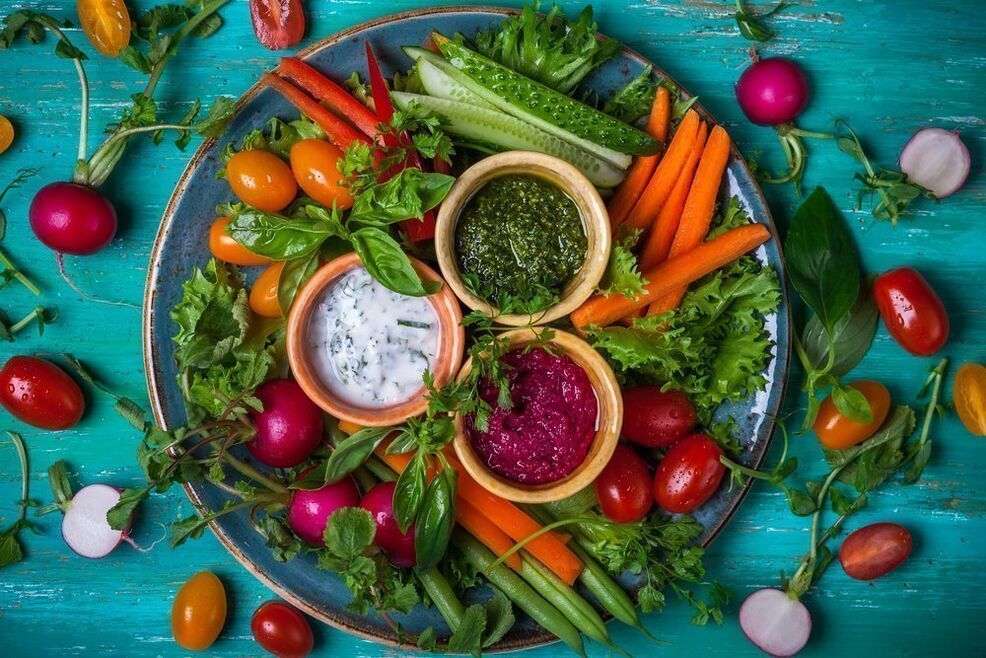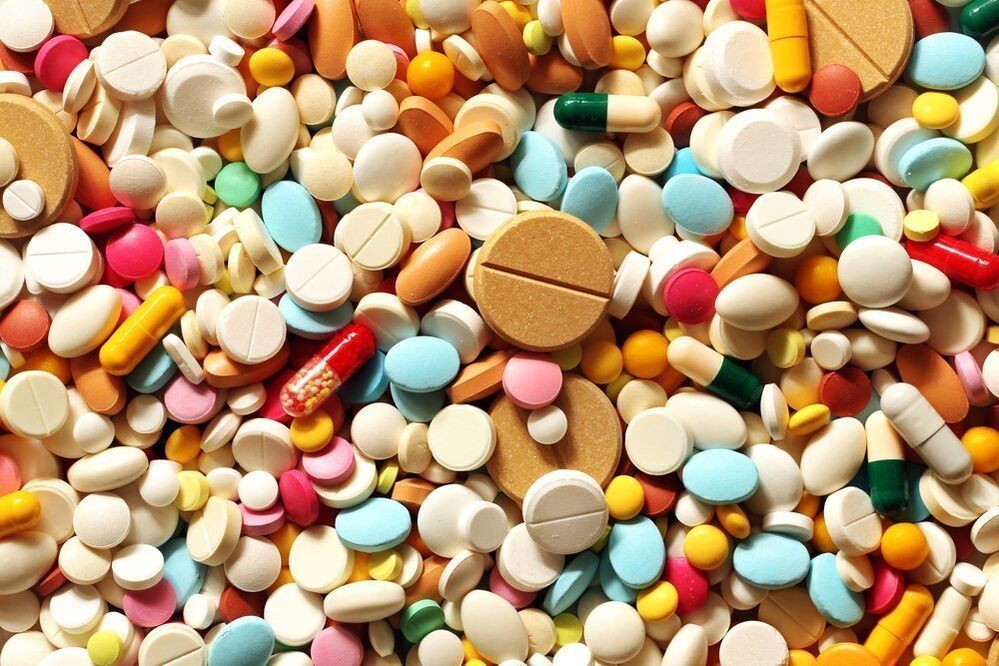Worms are parasites belonging to the group of helminths. In mammals, fish and humans, they feed on the "host", harming the body by lowering the nutritional value of food, eliminating waste products, lowering immunity and increasing sensitivity to allergens. Throughout the history of the fight against helminthiasis, mankind has invented many treatments. We consider the effectiveness of these methods, the effect of prevention in the form of regular intake of pills for worms, and separate the truth from the fiction.
Worms: parasites that are harmful to health

Although there are symbiont parasites that exist in nature at the expense of the host, but not only harm but also benefit the main body, worms are parasites whose presence in the body significantly impairs health. According to the degree of damage, helminthiasis is compared with diseases such as tuberculosis, cardiovascular disease and chronic diarrhea.
Worms are parasites that can cause disorders of the digestive system, immunity and allergic reactions, even in the early stages of helminthiasis. With the development of the disease, anemia due to the consumption of nutrients, vitamins and minerals by helminths that enter the human body through food, various deficiency conditions are noted.
The group of worms, parasites, helminths includes roundworms, pinworms, nematodes, toxocaras. In terms of the prevalence of helminthiasis, they are compared to infectious diseases, which are second only to influenza. The presence of helminths in the body against the background of an acute infectious process can significantly complicate recovery and prolong the disease.
Severe helminthiasis also affects reproductive function, and infertility can be caused by the birth of children with developmental disabilities. The spread of worms throughout the body causes a person to become disabled.
The spread of helminths is most often explained by poor hygiene ("dirty hand disease"), poor quality of living conditions, and contamination of the area around both private and commercial livestock farms. Non-compliance with sanitary and hygienic norms: processing of food, hands, surfaces in public places creates a favorable environment for the reproduction of helminths in our climate and their transfer from one carrier to another.
Children and the elderly are most susceptible to parasitic diseases due to reduced immune defenses. Children have not yet developed the habit of washing their hands, but they need the instinct to check everything by mouth, as well as to bite their nails and suck their fingers.
Myths and reality: about the treatment and prevention of helminthiasis

The existence of various "home", alternative methods of treatment of helminthiasis, humanity is indebted to the idea that it is "embarrassing" to consult a doctor with such a diagnosis. Therefore, people who learn of the presence of worms from test results or suspect helminthiasis with common symptoms often try to avoid consulting a specialist by buying "worm pills" in pharmacies or resorting to "folk" treatments.
Self-diagnosis is often based on false indications, and treatment attempts are harmful to health. One of the common myths is that nocturnal bruxism, the grinding of teeth during sleep, is an indisputable sign of the presence of worms in the body, parasites that contribute to restless sleep. This version has not been confirmed in scientific studies, and in most cases the cause of bruxism is stress and dysfunction of the nervous system. And in this case, "being treated for worms" makes no sense.
Let's look at some of the common alternative methods used for helminthiasis.
Eating a lot of fragrant herbs: parsley, dill, celery, cilantro has no effect on helminths and other parasitic groups living in the body and on the surface. Similarly, helminths are indifferent to vegetables, fruits, and orange berries, which also have healing properties. Increased amounts of vitamins provided by large amounts of greens or pumpkin, sea buckthorn, carrots, dates can improve the overall condition for a while, but do not cure helminthiasis. However, hypervitaminosis and indigestion are very common in those who love this method of therapy. Not to mention the possibility of additional infection when using poorly washed herbs: the greens should be washed several times before eating to get rid of worm eggs.
Different types of intestinal lavage, intestinal enemas with lemon or garlic juice promise immediate relief from parasites. However, the small intestinal cavity, where helminths live, is not available for enemas and Esmarch cups. The result of such a false scientific method is not the treatment of helminthiasis, but the disruption of the intestinal microflora with regular enemas, resulting in the erosion of its mucous surface when using caustic juices.
Dangers of self-prescribing tablets for worms

If folk remedies do not help, then it is necessary to resort to medication. Tablets for worms, drugs for the treatment of helminthiasis are very common and are sold freely in pharmacies.
However, it should be remembered that there are a large number of helminthiases and other parasites, and despite the presence of drugs that have a combined effect, there is no single "worm pill". Different drugs are produced for different types of helminths.
In addition, drugs for helminthiasis are quite toxic and have a number of contraindications, both in terms of general health, and for age or physiological conditions (pregnancy at different stages). The choice of an appropriate drug is made by a specialist who takes into account all the factors, the degree of infection. In some cases, a course of treatment that combines several medications, additional medications to support the body during treatment, and prevention of the most likely complications is needed.
Prevention of helminthiasis in the form of regular antiparasitic drugs, followed by some people, especially pet breeders, can do more harm than good in the early stages of the disease. The action of antihelmintic drugs is based on the poisoning of parasites, but they are toxic to humans and should not be taken "just in case, for prevention. "



























